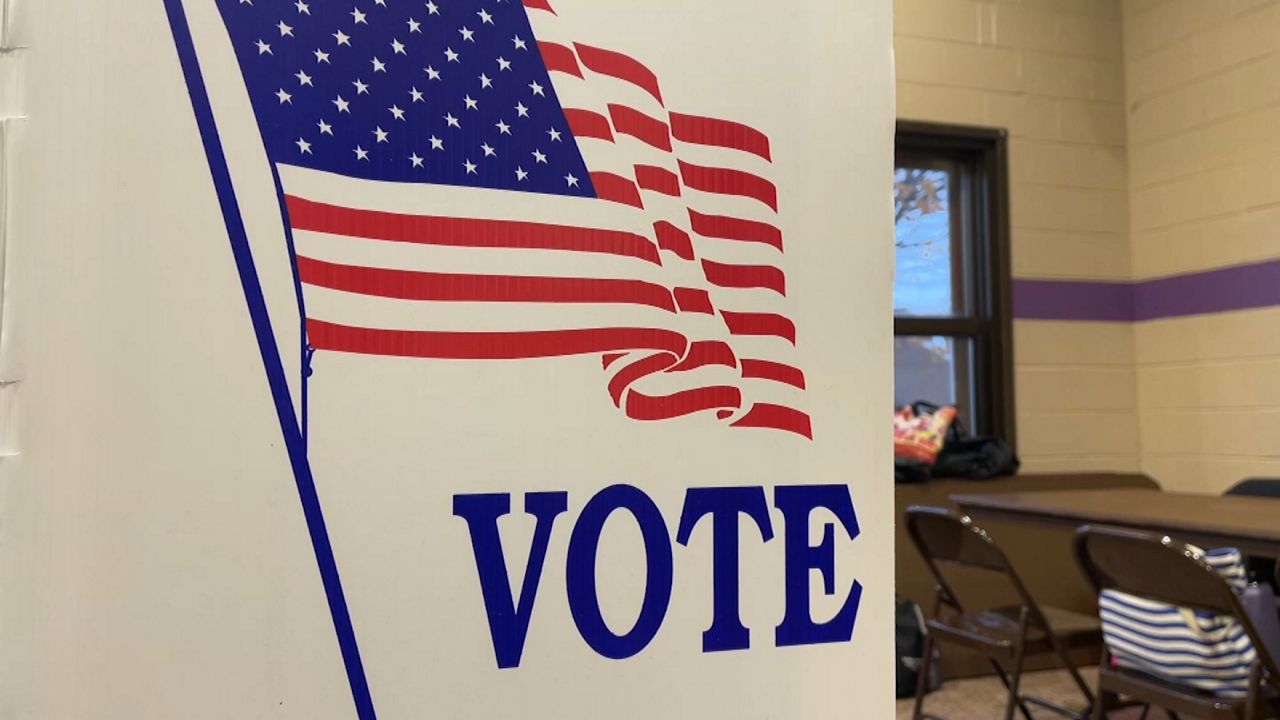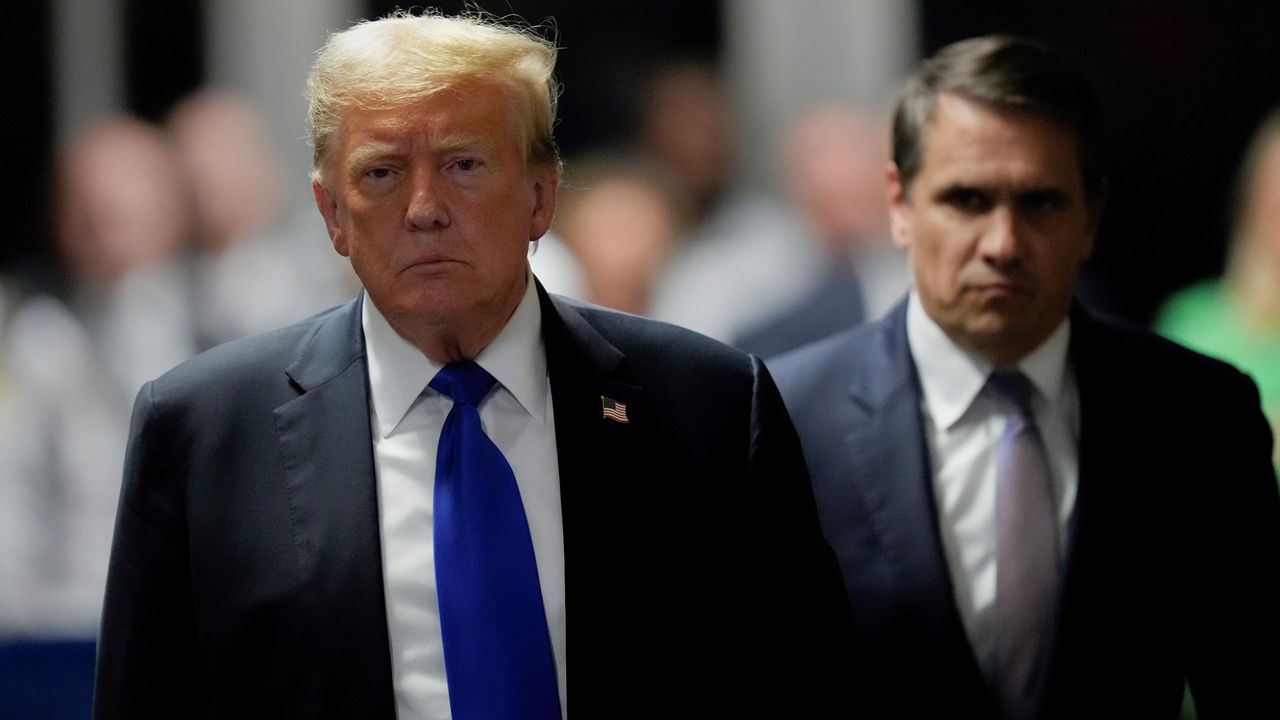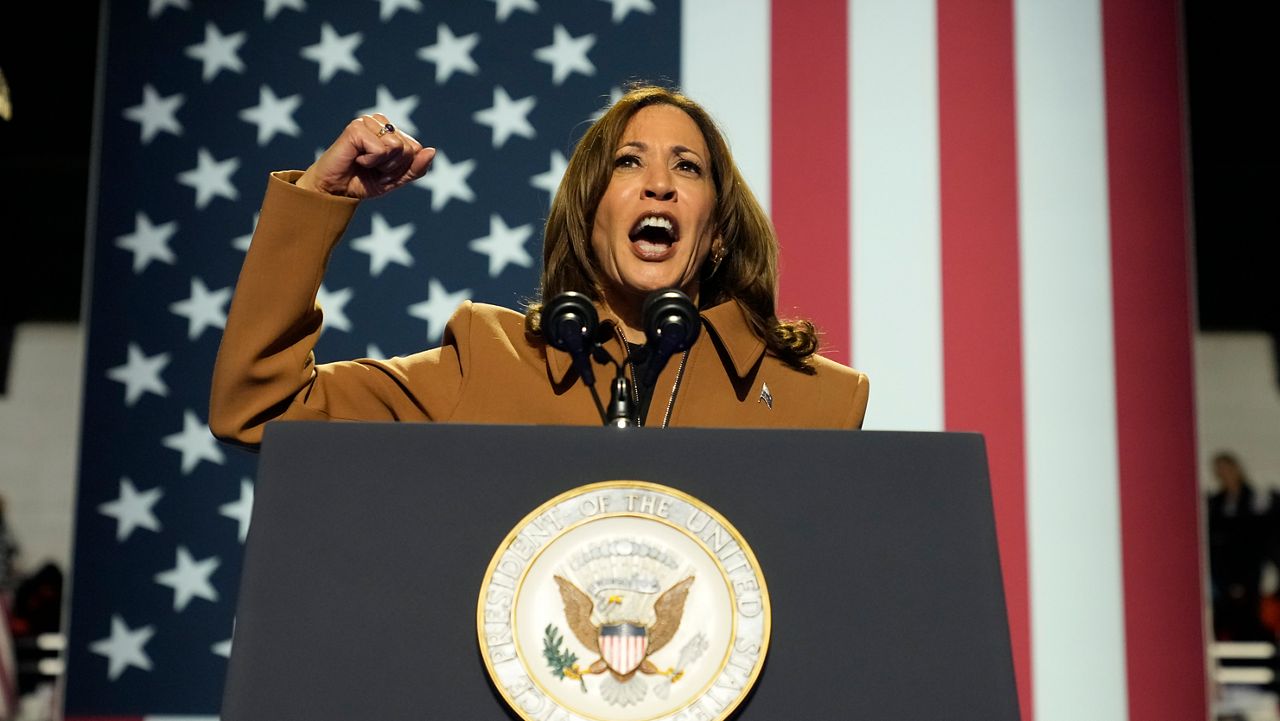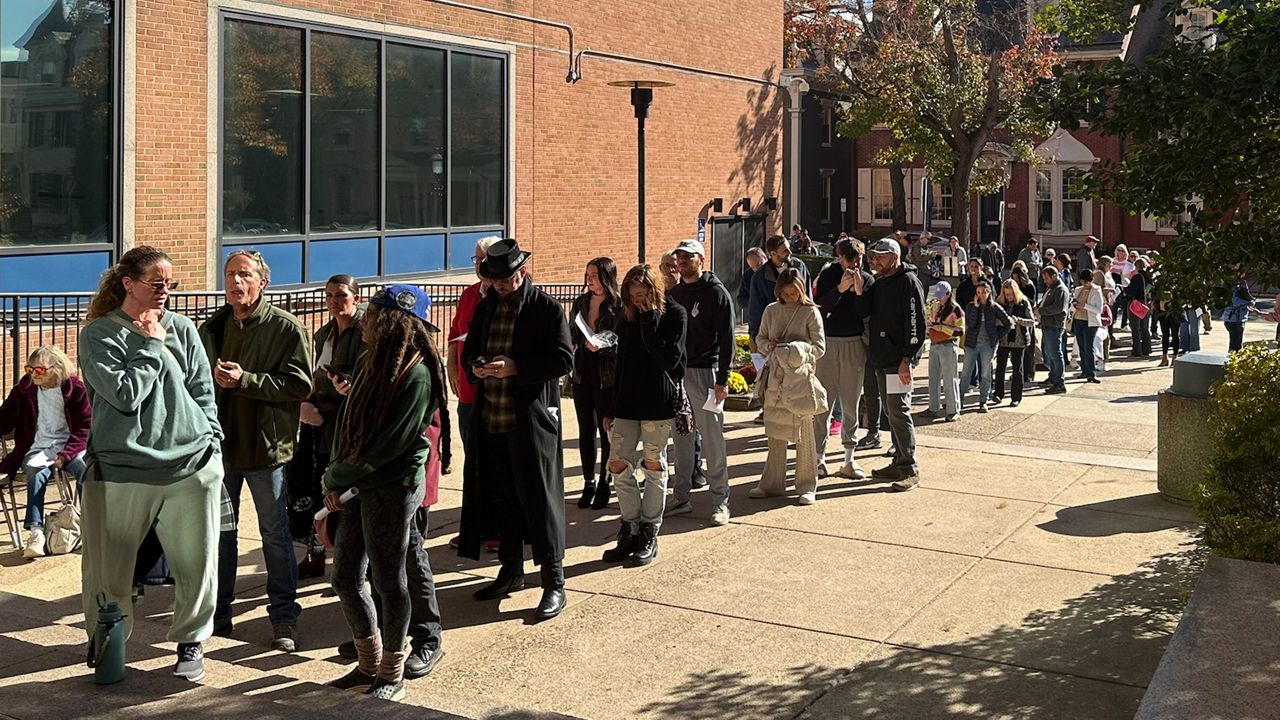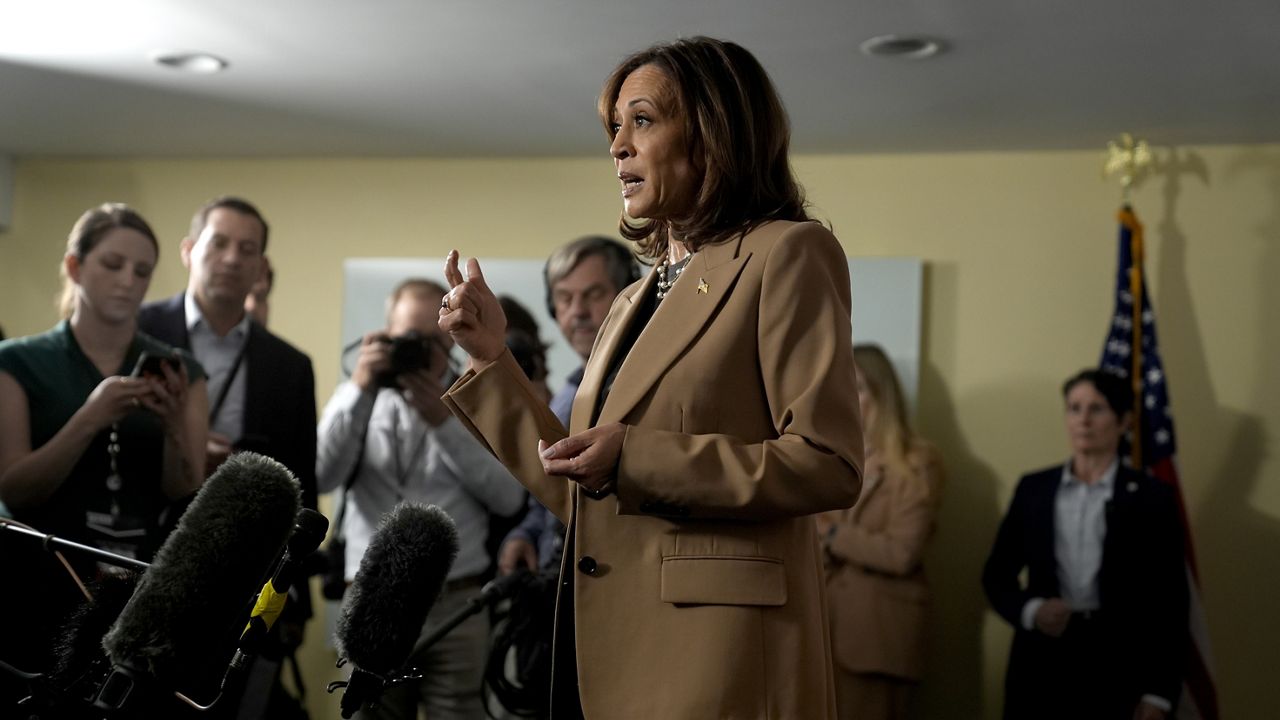At a recent campaign rally in Wisconsin, former President Donald Trump bragged about being a “tariff president.”
“We’re going to be a tariff nation,” he said. “It’s not going to be a cost to you. It’s going to be a cost to another country.”
Tariffs – taxes on products imported to the United States – are one of the few economic proposals Trump consistently talks about on the trail.
Moderators asked about them at his recent debate against Vice President Kamala Harris.
“Do you believe Americans can afford higher prices because of tariffs?” ABC News anchor David Muir asked.
“They’re not going to have higher prices,” Trump said. “What’s going to have – and who’s going to have higher prices – is China and all of the countries that have been ripping us off for years.”
Economists say tariffs are a kind of trade barrier – raising the cost of foreign products to make them more expensive than domestic goods with the goal of helping U.S. manufacturers and workers.
As president, Trump imposed tariffs on countries from which the U.S. purchased steel and aluminum, then slapped them on almost half of all imports from China.
Now, as he runs for a second term, Trump is floating a 10% tariff on all U.S. imports and even higher levies on products from China.
On the trail, Trump argues his tariffs made the U.S. billions, but experts Spectrum News spoke with said, in large part, it ended up costing Americans.
“The price of the product, once it passed through the customs shed in the U.S., went up because of the tariffs. And it was almost a one for one up,” said Gary Hufbauer with the Peterson Institute for International Economics.
Economists say Trump refuses to acknowledge that when tariffs are imposed, American consumers usually end up paying more.
When asked if there’s any scenario where what Trump is proposing would help lower costs for everyday Americans, Hufbauer simply said, “No, no.”
Tom Fullerton, an economics professor at the University of Texas at El Paso, also said “no” when asked if it seems, based on how Trump speaks about tariffs, that the former president understands how they work. Like Trump, Fullerton studied economics at the University of Pennsylvania's Wharton School of Business.
“When I hear that Donald Trump has said things like this, as a fellow Wharton alumnus, I wonder what he was doing in his economics classes,” Fullerton said.
The Trump campaign points out that President Joe Biden and Vice President Harris have kept most of Trump’s tariffs in place, with the shared goal of squeezing countries like China, which makes low-cost goods often with government assistance. Harris’ campaign platform includes keeping most of them.
Fullerton said even though the data shows tariffs generally translate to higher costs for Americans, politicians from both parties embrace them.
“From a political perspective, import tariffs are very popular because so many people are suspicious of international trade and do not understand it,” he said.
But Fullerton added that Trump’s new plan to impose high tariffs across the board could lead to job loss and even a recession.
“The Harris campaign seems to understand a little bit more about international trade than the Trump campaign does,” he said.
Trump’s running mate, Ohio Sen. JD Vance, recently went on CNBC to defend the former president’s tariff plan. He argued the good outweighed the bad when Trump was in office.
“So when people say you can’t do this in a narrow way, you can’t do it in a broad-based way, I just think that doesn’t actually fit with reality,” Vance said.






